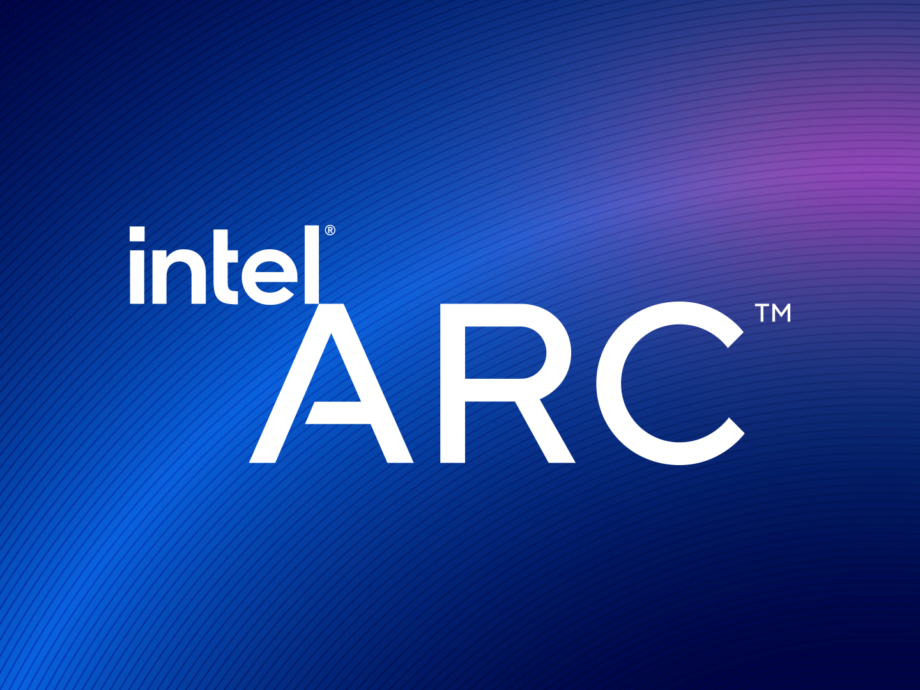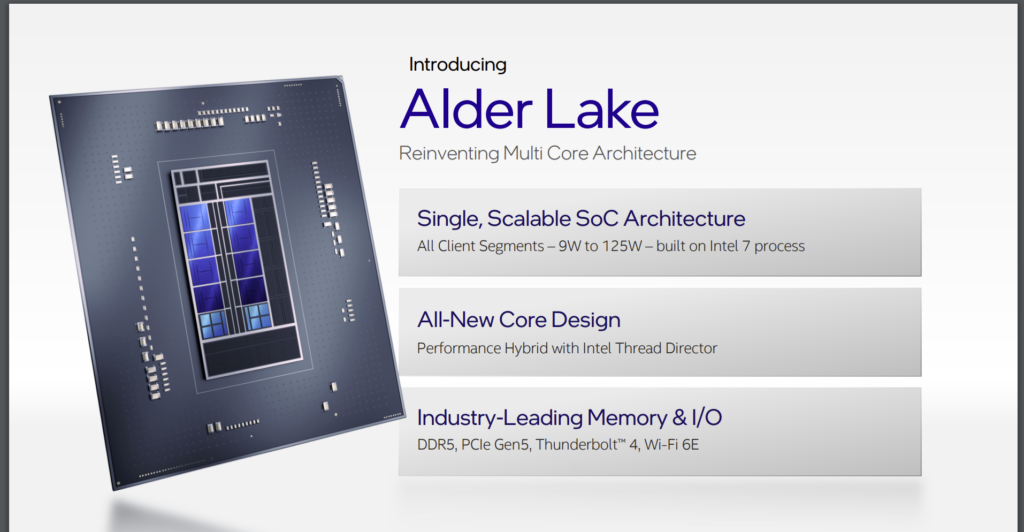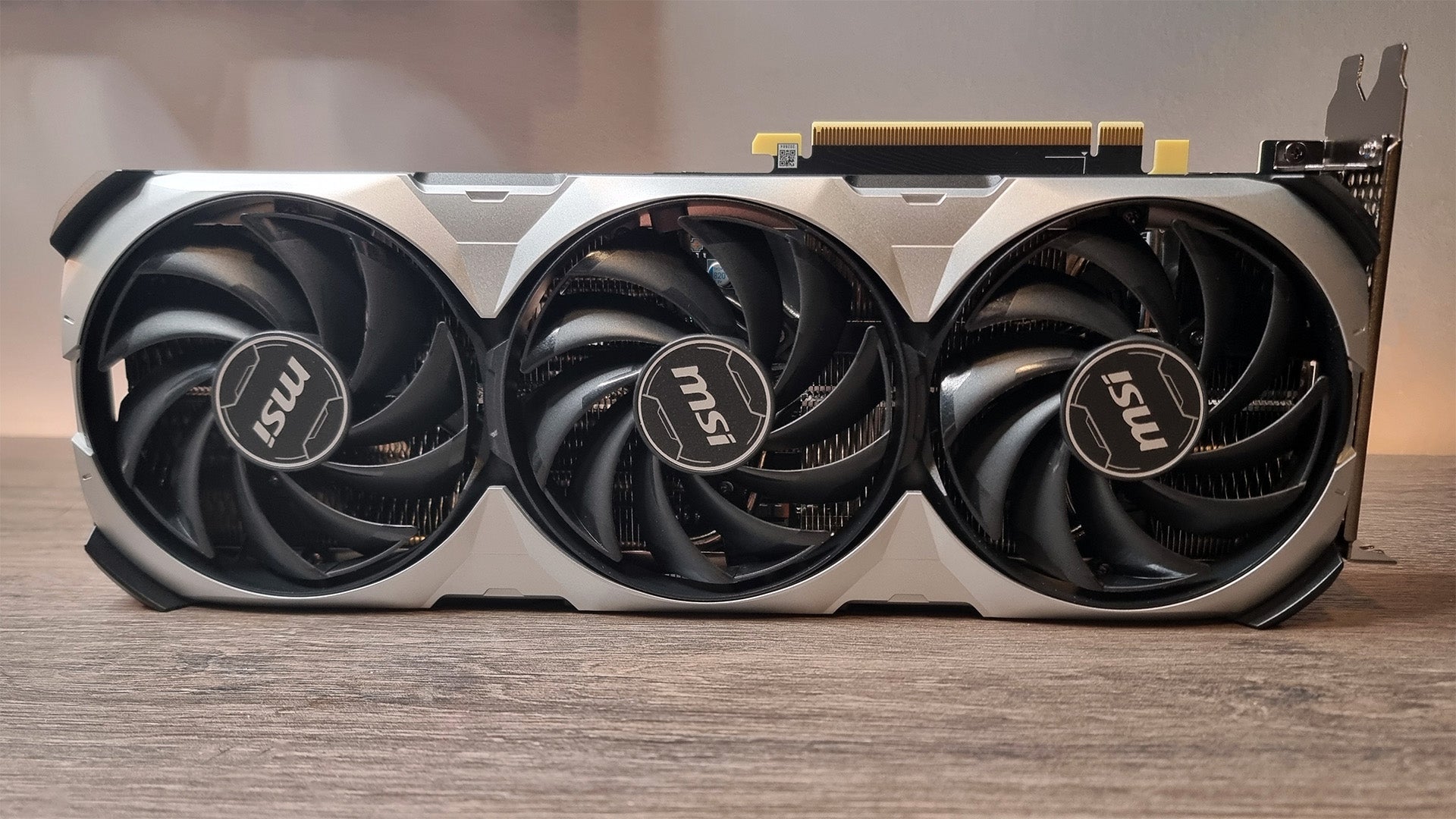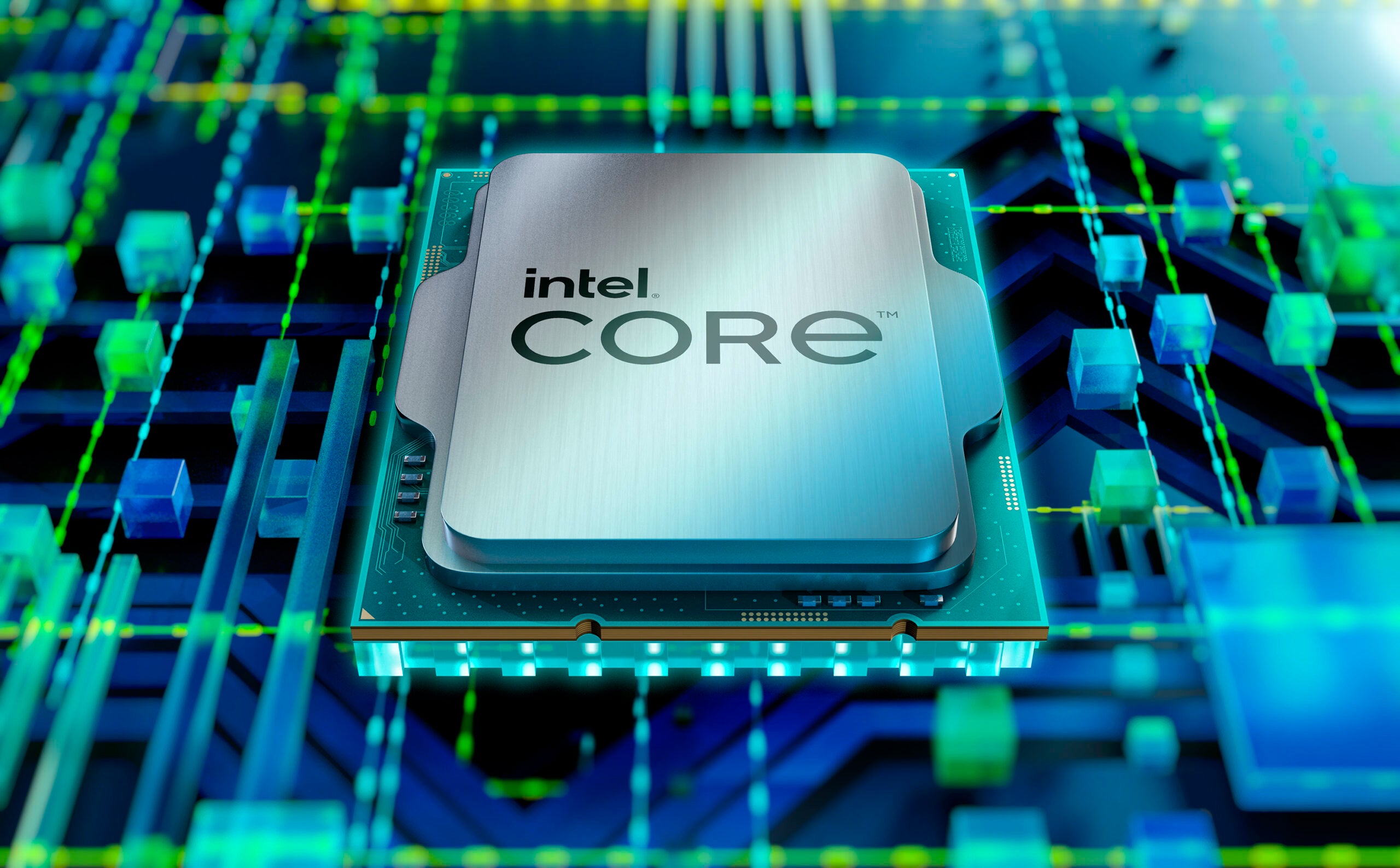Intel Alder Lake has a special treat for Windows 11 users, but Linux may be left in the lurch

Intel has announced the launch of Alder Lake, but it might not be good news for non-Windows users.
Intel Alder Lake is the latest processor from Intel, taking the place of the 11th generation processor Rocket Lake.
However, it seems unless people are using Windows 11, it might be a struggle to utilise Intel’s 12th generation processor.
Alder Lake has been developed with Windows 11 in mind and will be integrated into the operating system when it launches at the end of October.
Intel has said that the 24 thread director, which is responsible for ensuring that the right amount of power is given to both foreground and background applications, is optimised for Windows 11 and that it is the most efficient operating system for Alder Lake.
The company has not been too clear on how Alder Lake will work on other operating platforms, and it doesn’t seem likely that you will be able to backport Alder Lake onto Windows 10.
When asked by Trusted Reviews, Ran Bersenson, VP General Manager of Core and client development Intel, said that the launch will include Windows 11 and workloads using 24 threads would benefit from Alder Lake.
Bersenson also mentioned that “optimization can be pulled into other operating systems as well,” however, did not give any further details on if the quality would suffer as a result or if it would be viable on the operating platform Linux.

It seems likely it will work on Mac’s operating system, yet the general consensus is that the best version of Alder Lake will be on Windows 11, though Intel did not make any conclusive comments on the processor performing noticeably worse on other operating platforms when asked.
Instead, the only insight Bersenson gave was that it will depend on the OS and the specific processes being run.
“The algorithm will be different on different operating systems. It [also] depends on the workload, the thread detector will shine in different areas depending on what you’re doing,” he said.
“In workloads that are not utilising all the threads there are no differences; it depends on the attributes of the threads that inform where you’ll see gains.”
It seems Intel aren’t willing to reveal much more about Alder Lake, but since the release will be in late October, we might get a few more details about how the processor will run of different operating systems before then.





